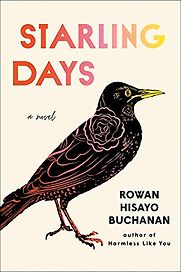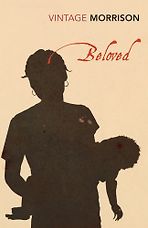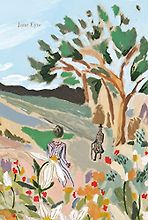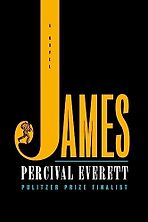Starling Days: A Novel
by Rowan Hisayo Buchanan
Rowan Hisayo Buchanan’s thoughtful second novel portrays a marriage in crisis following a suspected suicide attempt. It was shortlisted for the title of novel of the year at the UK’s Costa Book Awards in 2019, and released in the US in early 2020.
Recommendations from our site
“A moving portrait of a marriage troubled by mental ill-health. Softly spoken and perceptive, it is a book that asks us what it means to live when you’re not sure you want to – and how it feels to act as spectator to someone else’s pain.” Read more...
Cal Flyn, Five Books Editor







The book, according to the author